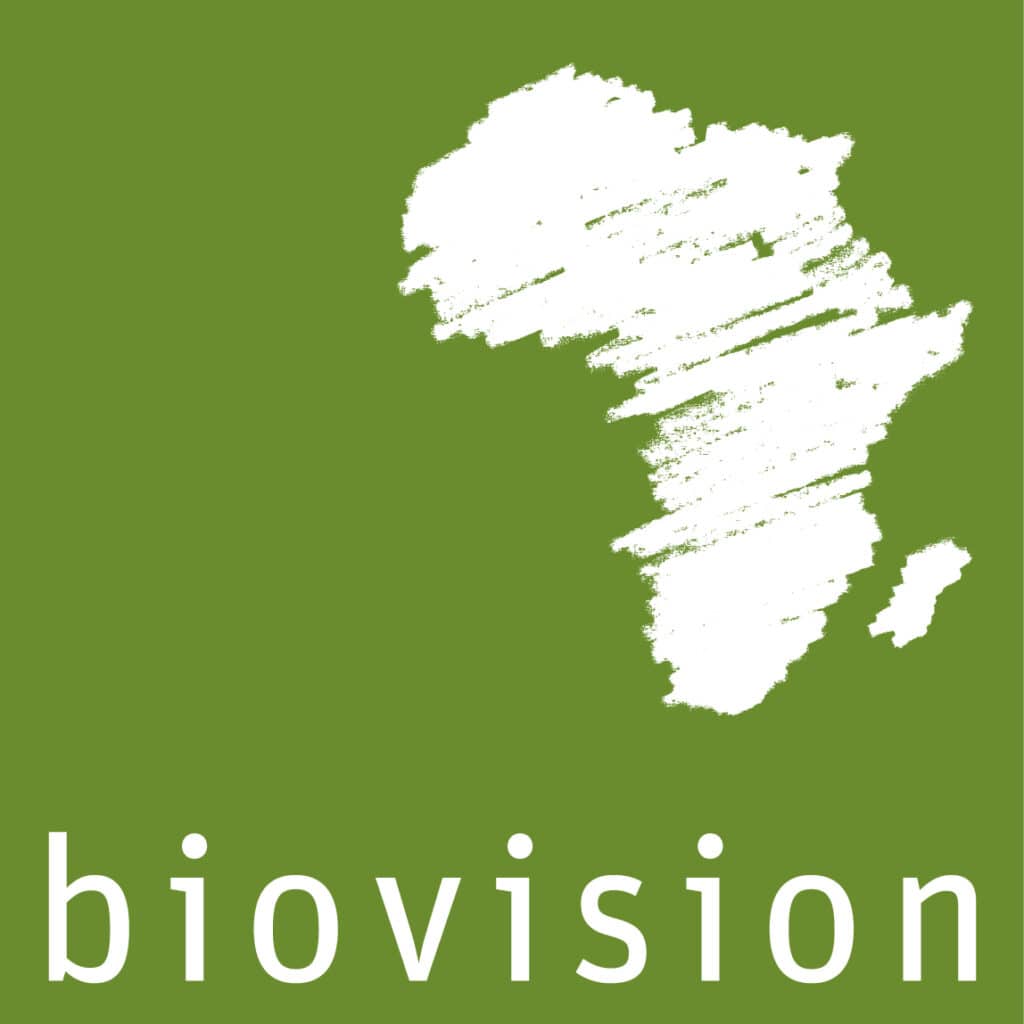Region to Table – working together for a sustainable food system
In three regions of Switzerland, agroecological food systems are to be strengthened and expanded through participatory approaches. The «Region to Table» project is being implemented in the cantons of Basel-Landschaft, Zurich and Vaud.
There are already some examples of individual initiatives in Switzerland that demonstrate that a successful agroecological transformation is possible. What is still missing is a coordinated approach among stakeholders with prioritised areas of action, and a collective strategy for a systemic impact that is developed in a participatory manner. Through strategic collaboration between actors more can be achieved than the sum of individual projects, thereby accelerating the transformation at the regional level.
The «Region to Table» project aims to bring together stakeholders in a region who are committed to agroecological transition. Through a participatory process, they will collectively define an approach to develop and implement solutions together.
The target group
The target group for the participatory process includes all actors who wish to contribute to a transformation of the food system. This includes the private sector along the entire food value chain (farmers, processors, distributors, restaurateurs, retailers, consumers) political decision-makers and representatives of municipal and cantonal administrations, environmental and health protection organisations, and other local groups (interest groups, associations, cooperatives, etc.).
The process
The first step is to identify relevant stakeholders, initiatives and policy strategies. Next, areas of action are prioritised and concrete solutions developed. To this end, working groups will design projects with systemic impact that multiple stakeholders can support and implement. The process will thus lead to systemic solutions that are backed by a clear implementation plan and secure funding.
These systemic solutions may include the participatory development of political strategies (particularly food strategies), the establishment of regional networks (especially food council), the promotion of local markets for regional organic products developing local logistics and processing structures (short supply chains), the promotion of healthy nutrition and sustainable products in public catering, etc. At the same time, stakeholders can develop and implement relatively simple and immediately realisable solutions throughout the entire regional process.




